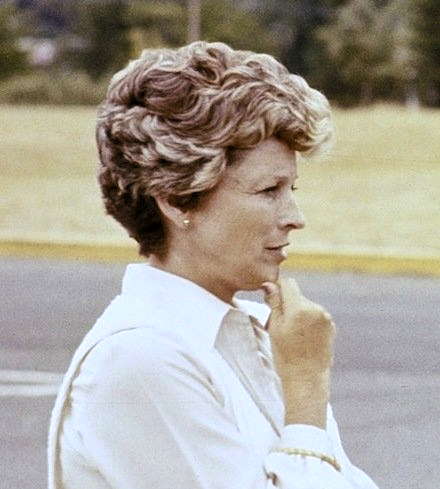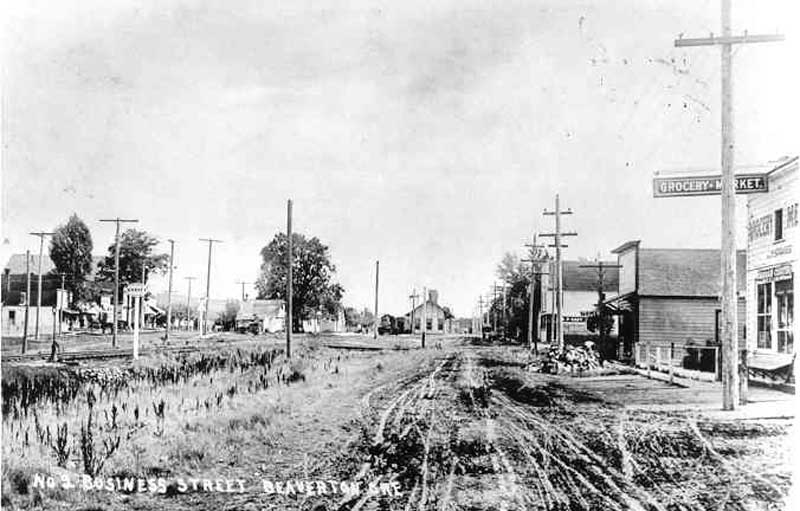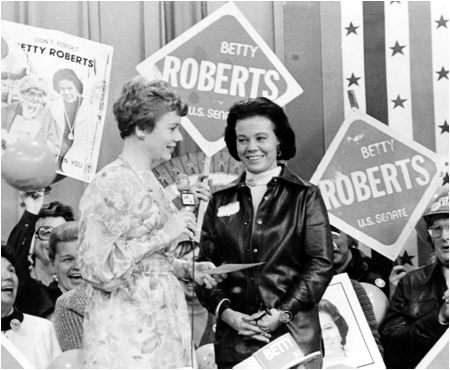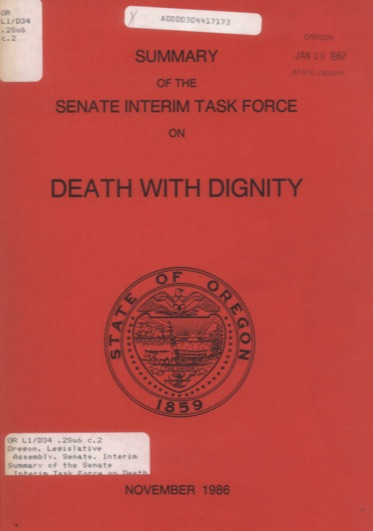In 1992, the Beaverton School District named its newest elementary school for Nancy Ryles, who dedicated her life to public service. Ryles was a vigorous advocate for education and for equality for women and minorities.
Born on December 18, 1937, Nancy Wyly grew up in northeast Portland and graduated from Jefferson High School in 1955. That year, she was chosen to be Portland's Rose Festival queen. She attended Willamette University in Salem for one year and in 1957 married Vernon B. Ryles Jr. They had two children. In the mid-1960s, the Ryles family settled in east Washington County, where Nancy became an active participant in community and local school affairs.
In 1972, Ryles was elected to the Beaverton School Board; she served as a member from 1972 through 1978. She championed athletics for girls when there were no girls' soccer or basketball teams and worked to ensure that women—who made up the vast majority of teachers—had opportunities to advance to administrative positions. She advocated for curriculum and activities that recognized the contributions of minorities.
In 1978, Ryles—a moderate, pro-choice Republican—was elected to the Oregon House of Representatives, where she served two terms. In 1982 and again in 1986, she was elected to the Oregon Senate. While a member of both the House and Senate, she was appointed to serve on the Education Commission of the States—an interstate, nonprofit, nonpartisan group.
Ryles considered passage of the 1981 bill mandating public kindergartens in Oregon one of her proudest legislative accomplishments. It completed an effort begun in 1965 by Justice Betty Roberts when she was a first-term legislator. According to the (Washington County) Times, however, "Ryles failed to win her greatest cause—the passage of two 'death with dignity' bills which would have expanded the rights of the terminally ill and injured." This legislation, based on the work of a Senate Task Force which she co-chaired in 1985-86, finally passed in the early 1990s after her death.
On September 15, 1990, the Oregonian reported that Ryles "went about her duties . . . pursuing principle, building coalitions, advancing causes and earning respect and support regardless of party identity. She left her signature on laws that have strengthened the education system and advanced the causes of civil rights and human decency. As a problem-solver, she was among the best."
Ryles resigned her senate seat on May 15, 1987, when Governor Neil Goldschmidt appointed her the first woman to serve on the Public Utility Commission. That same year, the Oregon Commission for Women gave her the Oregon Women of Achievement Award, one of many honors she received in her lifetime.
In July 1990, Ryles suffered a seizure that led to the diagnosis of an aggressive form of brain cancer. She died on September 12, 1990, at age fifty-two. Her early death was made more poignant by the closing words of her farewell speech to the Oregon Senate: "The challenge then is to do the best we can . . . wherever we are . . . in whatever time we have. I hope I have done that."
-
![]()
Nancy Ryles, then Oregon State Rep for District 5 at Sunset High School, 1979.
Courtesy Nancy Ryles, Tom March, and Steve Morgan
-
![]()
Nancy Wyly, Rose Festival Queen, 1955.
Oregon Historical Society Research Library Oregon Journal collection 014523
Related Entries
-
![Beaverton]()
Beaverton
Beaverton is the seventh largest city in Oregon and the second largest …
-
![Betty Roberts (1923-2011)]()
Betty Roberts (1923-2011)
Betty Roberts was a thirty-two-year-old housewife with four children wh…
-
![Death with Dignity Law]()
Death with Dignity Law
In 1994, Oregon voters were the first in the nation to approve an act t…
Map This on the Oregon History WayFinder
The Oregon History Wayfinder is an interactive map that identifies significant places, people, and events in Oregon history.
Further Reading
"A Time to Live, A Time to Die," by Joan C. Johnson, Oregon Magazine (Feb./March 1987), pp. 48-51 (ceased publication 1988)
Roberts, Betty. With Grit and by Grace. Corvallis: Oregon State Univ. Press, 2008.





